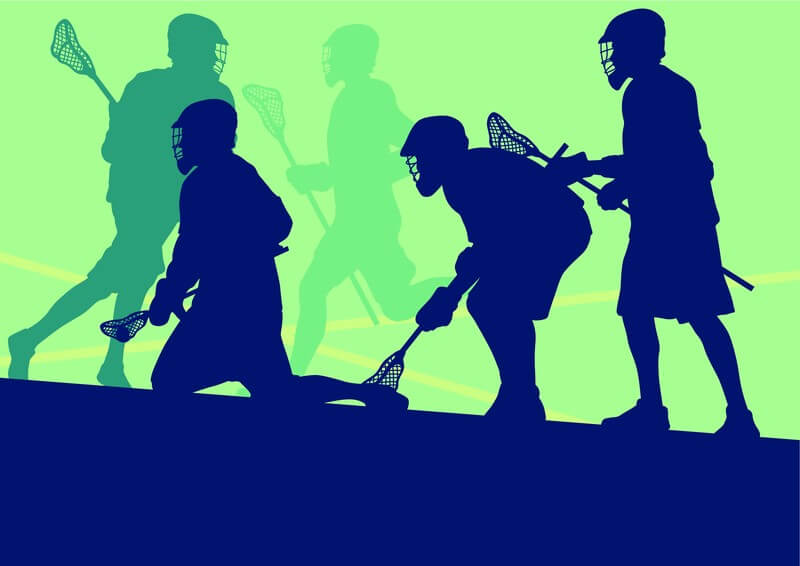I once had a conversation with an intelligent woman about the value of team sports. She said emphatically that the idea that team sports promoted teen development was utter nonsense (not her words) and that team sports promoted aggressiveness and generally callous behavior. Her outburst took me by surprise. I participated in basketball, wrestling, and golf in high school. Later at West Point I participated in seven different intramural sports; my experiences had always been enriching. So I came away from this conversation wondering how she could have formed such an opinion. Was she injured playing sports? Was she dropped from a team? Was she put off by the actions of over-zealous parents? It also made me wonder if my thoughts about youth sports were not widely held.
In the years since that interchange, I’ve had time to reflect about the value of team sports. My readers know that my primary parenting interests are teen brain development and parent-child communication. So I’ve wondered if there is evidence that youth sports can help wire the “smart” area of the brain, the prefrontal cortex. My conclusion is that while there are no harmful downsides to teen brain development, most sports do little to promote critical thinking (see my book, How Your Teen Can Grow a Smarter Brain). But there are quite a few other significant benefits:
- The physical conditioning leads to better health
- Most sports have rules against alcohol or drug abuse
- Sports can develop self-esteem, confidence, a work ethic, and other core strengths
- Interactions with teammates help teach social, communication and leadership skills
- Team relationships often lead to friendships and a sense of belonging
- Team sports teach the kind of cooperativeness needed in organizations
- Youth sports often lead to “carry-over” sports that promote adult health and relationships
- Physical activity requires the kind of brainwork that balances intellectual development
- Athletic activity is an excellent stress-reliever
In short, team sports can lead to the overall healthy development of a child. And a kid who opts out might miss out on these advantages. Of course, it’s important that young athletes aren’t pushed so hard that they get injured. Or that coaches (and parents) don’t make winning the primary purpose and lose sight of the true value of youth sports (see The Sacred Purpose). Or that a kid doesn’t try to achieve excellence in too many different sports. These excesses can be counterproductive.
Young people have a lot on their plate as they try to prepare to succeed in our complex, crazy world. To fit in, they’ll need academic preparation, intellectual development, social skills, life skills, core strengths, physical fitness, health, and spiritual growth. That’s a lot, and team sports can help.
You can grow the bond with your child through better listening. Download the FREE ebook, Listening to Understand.

